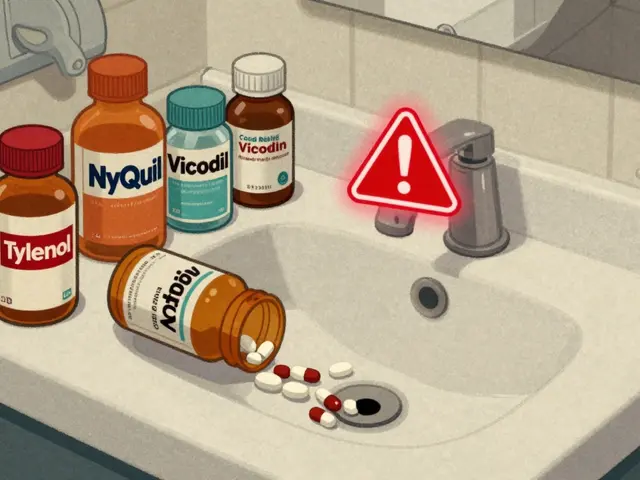Future directions: meds, online pharmacies, and smarter care
Healthcare is changing fast. New drug options, smarter online pharmacies, and tech-driven care are reshaping how you get and use medicines. This page groups practical ideas on where things are headed and what to watch when you choose treatments or order meds online.
Where the market is heading
Generics and biosimilars keep expanding. That usually means lower prices, but it also means more brands to compare. Look for active ingredient, dose, and manufacturer rather than just the brand name. Telehealth is becoming normal for routine prescriptions. If a telehealth visit feels rushed, ask for clear follow-up instructions and a written treatment plan.
Online pharmacies will keep growing, but so will risks. Trustworthy pharmacies show clear contact info, require prescriptions when needed, and display pharmacy licenses. Beware sites that promise prescription meds without a prescription or offer steep discounts that seem too good to be true.
Personalized medicine and diagnostics are getting cheaper. Expect more tools that use simple blood tests or genetic markers to pick the right drug or dose for you. That can reduce side effects and speed up effective treatment, but the tests matter—ask your clinician which ones are validated and how results change the plan.
How you can prepare
Start by making a simple health file: list current meds, allergies, past bad reactions, and recent test results. Keep it on your phone or in a cloud note so any telehealth provider or pharmacist can see it fast. When comparing medications, check patient guides, common side effects, and whether cheaper alternatives exist. If you see an alternative listed in our articles, take that info to your prescriber and ask if it's right for you.
Use basic checks for online pharmacies: does the site ask for a valid prescription, show a real address and phone, and offer secure payment? If shipping internationally, expect customs rules and longer delivery windows. For controlled or complex meds, stick with local regulated pharmacies and keep follow-up appointments rather than relying only on repeat online orders.
Be practical about new tools like apps that promise medication savings or pill reminders. Read recent user reviews and check whether the savings platform partners with recognized pharmacies. Try one service at a time so you can judge reliability and support quality.
Finally, build a simple routine: review meds with your clinician at least once a year, update your health file after changes, and save receipts and shipping details for online orders. Small habits reduce errors and give you real control over new options as the world of medicine keeps changing.
Watch for clearer laws around online drug imports and rising checks on counterfeit meds. AI tools will suggest dosing but won’t replace a prescriber—ask for human review when AI is used. If you use supplements, tell your clinician; interactions still cause most preventable issues. Keep any medication receipts and lab results — they matter when something goes wrong and help avoid long delays in care coordination.








